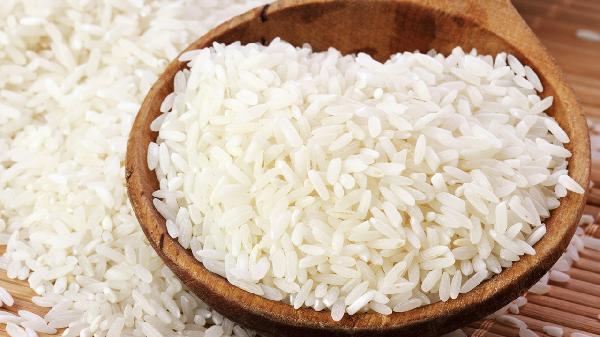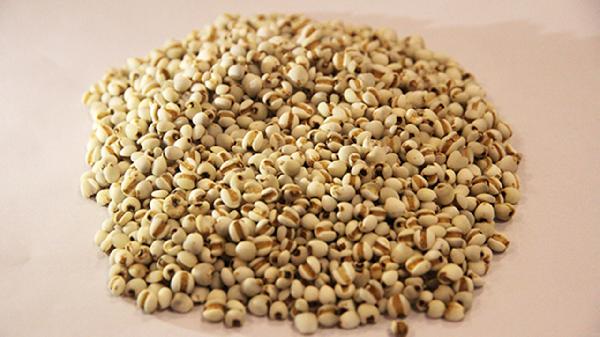Turns out, when you eat might be just as important as what you eat—especially when it comes to keeping your heart happy. A new study suggests that meal timing could have a bigger impact on heart health than sleep patterns. So if you’ve been burning the midnight oil with late-night snacks, it might be time to rethink your schedule.

The Science Behind Meal Timing and Heart Health
Researchers found that eating earlier in the day—think breakfast by 8 AM and dinner before 8 PM—could lower the risk of heart disease. The study tracked participants who spread their meals across a shorter window, and those who did showed better blood pressure, cholesterol levels, and blood sugar control compared to night owls who ate late. The body’s internal clock, or circadian rhythm, plays a huge role here. When you eat late, your metabolism gets thrown off, leading to inflammation and stress on the heart.
Why Sleep Alone Isn’t Enough
You might think hitting your eight hours of sleep is enough to keep your heart in check, but the study suggests otherwise. Even if you’re logging solid shut-eye, late-night eating can still mess with your cardiovascular system. That’s because digestion slows down at night, making it harder for your body to process food efficiently. The result? Higher blood sugar spikes, fat storage, and extra strain on your heart.
How to Shift Your Eating Schedule
If you’re used to late dinners or midnight fridge raids, don’t panic—small tweaks can make a big difference. Start by moving dinner an hour earlier each week until you land in the 6-8 PM range. A protein-packed breakfast can also help curb late-night cravings by keeping you full longer. And if you absolutely need a snack after dark, go for something light like Greek yogurt or nuts instead of heavy, processed foods.
The Bigger Picture: Consistency Matters
It’s not just about eating early—it’s about keeping a steady routine. Erratic meal times confuse your body’s internal clock, making it harder to maintain healthy blood pressure and cholesterol. Try to eat at roughly the same times every day, even on weekends. Your heart (and your waistline) will thank you.
So next time you’re tempted by a midnight snack, remember: your heart’s counting on you to call it quits before bedtime. A little schedule shift now could mean a healthier ticker later.























